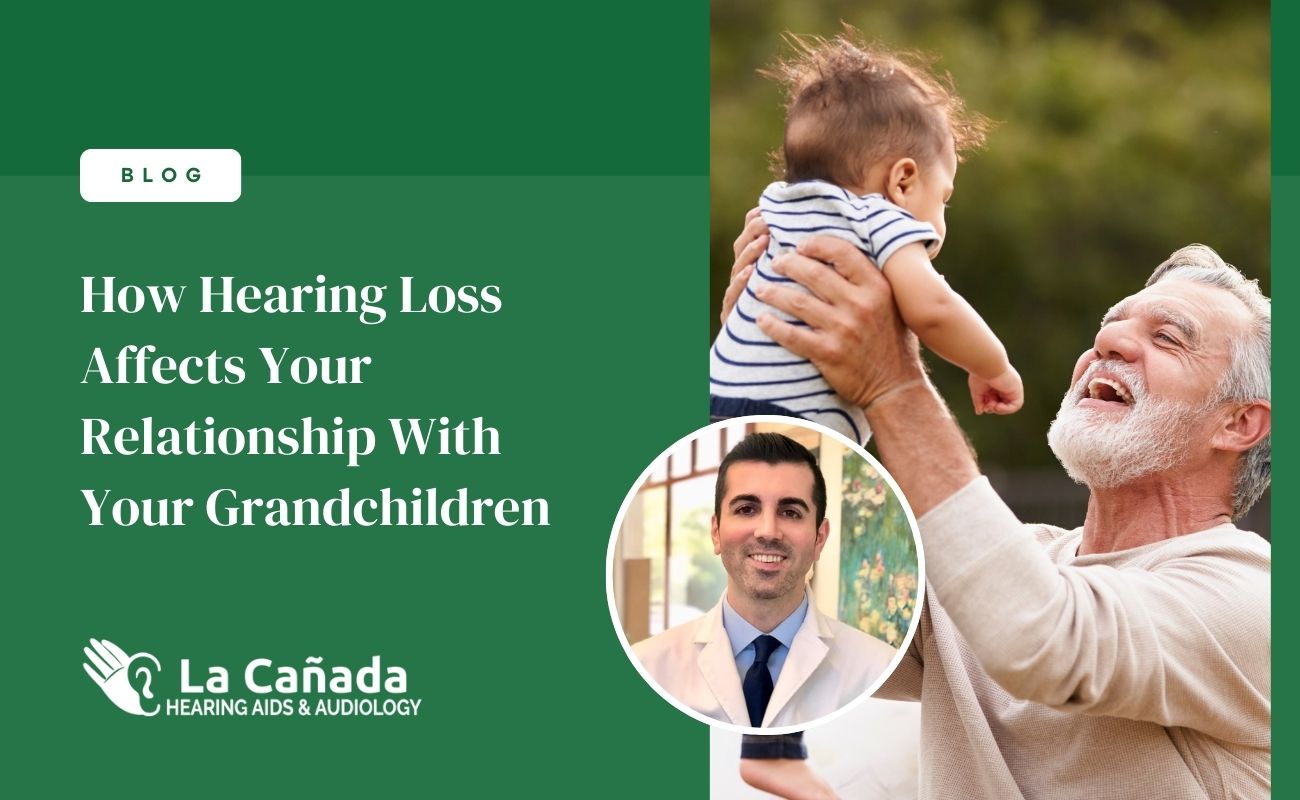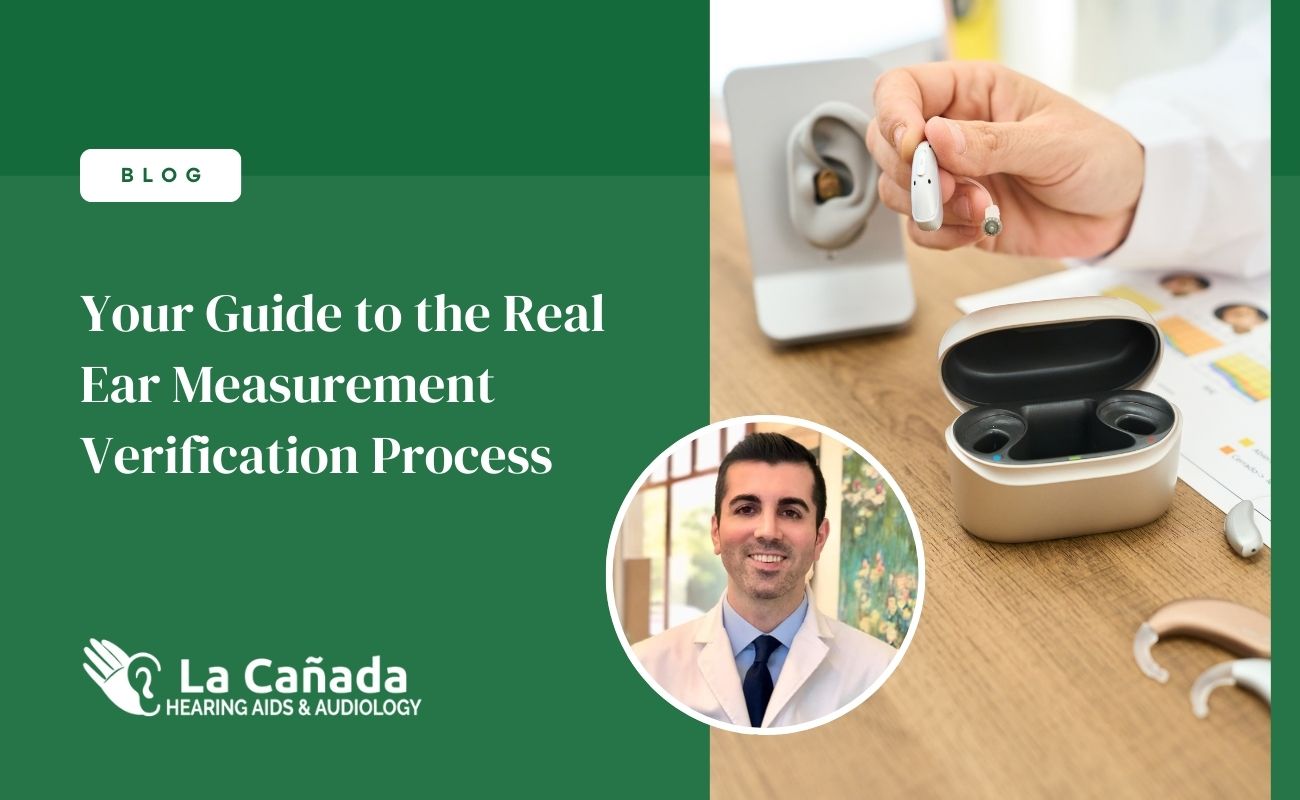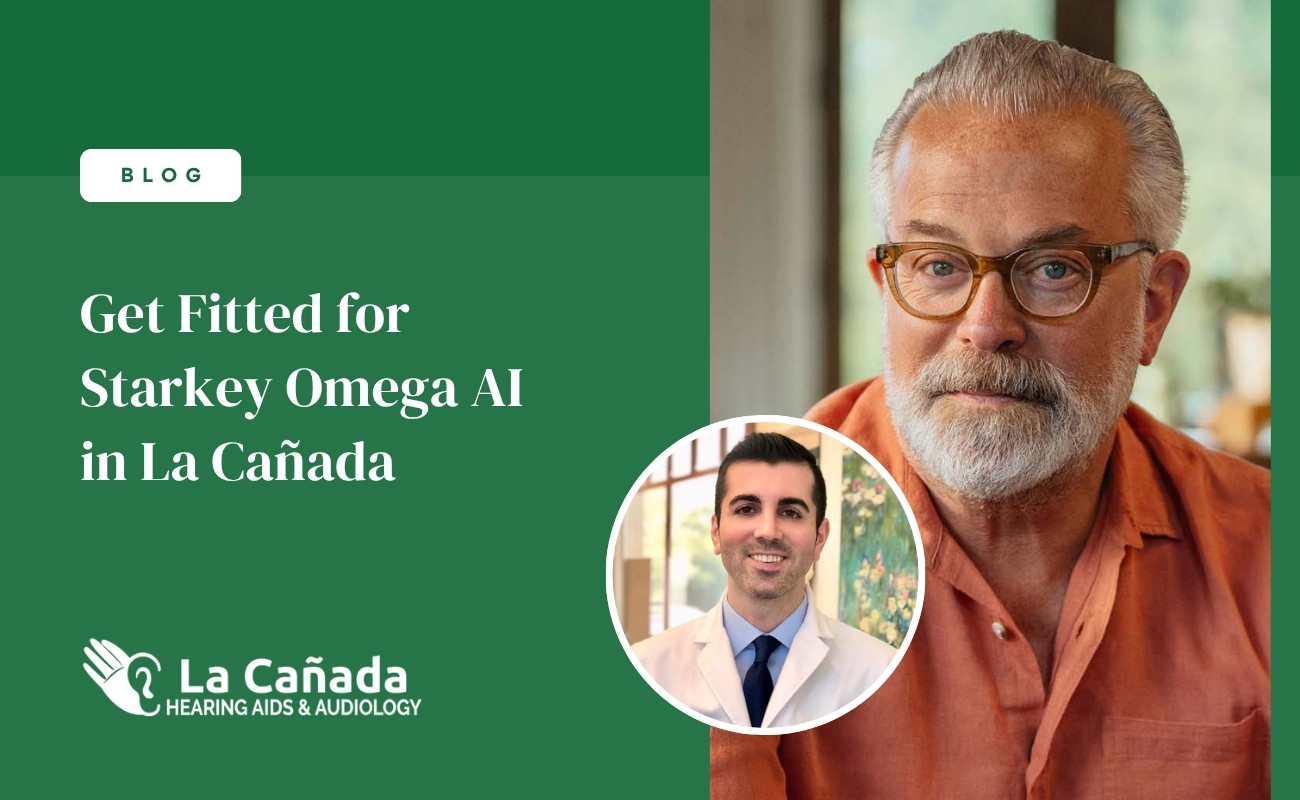As the holidays roll around again, most of us excitedly look forward to spending some quality time with our nearest and dearest. But if you have untreated hearing loss, the idea of busy holiday parties and catching up with extended family could be a source of anxiety. The stress associated with trying to understand conversations often causes people with hearing loss to withdraw from their social circles, studies show.
This increased isolation is troubling not only because it results in loneliness, but because there is a growing body of evidence which suggests that the hearing loss-isolation link greatly increases a person’s chance of developing Alzheimer’s disease and other forms of dementia.
Staying socially active is in fact one of the most critical ways to protect our cognitive health, which is why treating hearing loss before it begins to interfere with our social lives is so important. In honor of National Alzheimer’s Awareness Month, let’s a take a closer look at how treating hearing loss can make it easier to connect with our loved ones and keep our minds healthy.
Studies link untreated hearing loss with dementia
Hearing loss can affect anyone at any age, but it is strongly associated with aging and is in fact one of the most common conditions affecting older and elderly adults. On average, 1 in 3 people in the United States between the ages of 65 and 74 has hearing loss, and almost half of those aged 75 and older have trouble hearing.
While hearing loss is often still regarded as a harmless side effect of aging, scientific research suggests otherwise. Untreated hearing loss has now been linked with a higher risk of dementia in several studies, a worrying fact considering that fewer than 15 to 20 percent of those with serious hearing loss use hearing aids.
November is National Alzheimer’s Awareness month, a time for raising awareness and learning all that we can about this prevalent and debilitating disease — a disease which currently affects an estimated 5.7 million Americans of all ages. Though there are some risk factors for dementia that are out of our control, such as age and genetics, there is research that suggests certain behaviors and lifestyle changes can help to keep our brains healthy into old age.
Here is a brief overview of a few studies:
1) The Johns Hopkins Studies — Frank Lin, an otologist and epidemiologist at Johns Hopkins University in Baltimore has led several studies in recent years which suggest that our hearing plays a much more critical role in brain health than previously thought. In a 2013 study, he and his colleagues examined the overall cognitive abilities (including concentration, memory and planning skills) of almost 2,000 older adults whose average age was 77. Six years into the study, the participants who had hearing loss serious enough to interfere with conversation at the outset were 24 percent more likely than those with normal hearing to experience a cognitive decline.
In another study focusing on dementia, this one conducted in 2011, Lin and his colleagues tracked the cognitive health of 639 people and found that, compared with people of normal hearing, those with moderate hearing loss had triple the risk of developing dementia. Lin has pointed out, however, that simply being at increased risk does not mean a person is certain to develop dementia.
2) The Paris study — Another recent study, led by Isabelle Mosnier of Assistance Publique-Hopitaux de Paris in France, offers some hope. Mosnier examined a group of 94 people ages 65 to 85 with profound deafness in at least one ear. Each was given a cochlear implant followed by twice-weekly auditory rehabilitation. Over 80 percent of participants with the lowest cognitive scores showed major improvement one year after implantation, according to the study published March 12 in the journal, JAMA Otolaryngology-Head & Neck Surgery.
How can treating hearing loss keep your brain healthy?
Though scientists have yet to uncover a definitive answer as to why hearing loss increases the risk of dementia, there are several theories.
One theory is that untreated hearing loss puts increased cognitive pressure on the brain, or what scientists refer to as “cognitive load”. The struggle to understand speech stresses the brain and eventually reduces its resilience to aging. If this is indeed the cause, hearing aids help by reducing listening effort and making it easier to communicate.
Another theory offers that hearing loss affects brain structures in a permanent way, causing certain structures of brain cells to shrink due to a lack of stimulation. In this case, hearing aids help by ensuring that clearer speech signals reach the brain and keep the sound processing centers active.
Finally, it is very likely that social isolation plays a part in the increased risk of dementia seen in those with untreated hearing loss. The struggle to follow and make sense of conversation causes people to withdraw, and this increased isolation is a known risk factor for cognitive decline and dementia. Hearing aids have been proven to make communication more effortless and enjoyable for the wearer, reducing the chance of social withdrawal.
Make an appointment for a hearing test today
There is no reason to let your hearing loss interfere with your enjoyment of social occasions this holiday season. To restore communication with your loved ones and take an important step towards protecting your cognitive health, make an appointment with La Cañada Hearing Aids and Audiology for a comprehensive hearing evaluation by Dr. Kevin Ivory. Happy holidays and happy hearing!

.jpg)
.webp)





